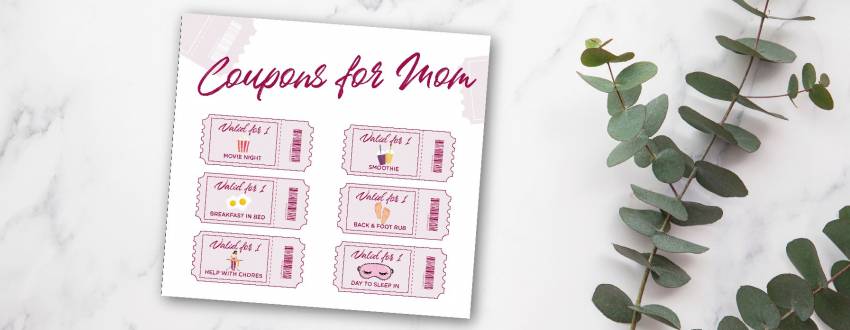The Torah commands us (Shemos 20:6) to remember the special sanctity of Shabbos. The Gemara (Beitzah 16a) comments that the great sage Shammai understood this to mean that we should have Shabbos in mind throughout the week, beginning already on Motza’ei Shabbos. And thus when Shammai saw a prime quality animal or some other especially fine delicacy, even if this happened on Sunday, he would set it aside for Shabbos. And if then later in the week he saw an even more superior food item, he would eat the first one that day and then set the better one aside for Shabbos. This continued throughout the week — whenever Shammai chanced upon a quality food that was superlative to the one he had earmarked for Shabbos, he would eat the first one and set aside the new one for Shabbos. In this way, the Gemara says, Shammai’s eating throughout the week gave honor to Shabbos, and he was thinking of the upcoming Shabbos continually from the moment the previous Shabbos ended.
However, the Gemara tells that Hillel followed a different approach. Hillel said, “Baruch Hashem yom yom — Blessed is Hashem each day.” Hashem takes care of us, so he felt no need to save a delicacy he found on Sunday for Shabbos. He felt confident that Hashem would provide him on Friday with everything he needed for Shabbos.

As we know, halachah generally accords with Hillel’s opinions in his disputes with Shammai. It would thus appear, at first glance, that we should follow Hillel’s practice and delay our Shabbos purchases until Friday, trusting that Hashem will provide us with all that we need. The Mishnah Berurah (250), however, reaches a different conclusion. It asserts that even Hillel concedes that there is value in setting aside choice foods for Shabbos from the beginning of the week. However, he chose to wait until Friday in order to strengthen his faith and trust in Hashem. And thus for most of us, who fall far short of Hillel’s exalted level of faith, it would seem more fitting to follow Shammai’s practice, and make our Shabbos purchases earlier in the week. Moreover, the Mishnah Berurah adds, if early in the week someone chances upon a special item that is not generally available, then he should certainly set it aside for Shabbos.
Clearly, then, according to all opinions, Shabbos should be on our minds and in our thoughts throughout the entire week. While the precise expression of this mindset, and the proper way to balance it with the ideal of bitachon, are subject to discussion, all agree that we should be thinking about Shabbos preparations well before Friday, ideally throughout the week.
It is told that at the very end of his life, Rav Aharon Kotler was critically ill in the hospital, and was unable to eat or drink; he received his nourishment through intravenous tubes. At one point his mouth felt very dry, and he wanted to drink, but the doctor cautioned that this would be harmful. Finally, on a Wednesday, the doctor advised that the rabbi be given a lollipop to lick. This would moisten his mouth and alleviate his discomfort. A student quickly brought the rabbi a lollipop. When he received the candy, Rav Kotler said he was going to save it for Shabbos.
Despite his condition, and the severe discomfort he experienced, nevertheless his immediate reaction was to postpone the enjoyment of licking the candy until Shabbos.
Rav Yaakov Chaim Sofer related that promptly after Shabbos Rav David Baharan would clean out the glass cups that had been used for the Shabbos lights, removing the wicks and remaining oil, and then immediately pour oil and place new wicks to prepare the cups for the next Shabbos. The moment Shabbos ended, he right away began his preparations for the next Shabbos. This is reminiscent of the story told of Rav Yisrael Salanter, who was asked when he began his preparations for Yom Kippur. He answered that he began on Motza’ei Yom Kippur, right after the previous Yom Kippur ended.
These great tzaddikim understood the importance of hachanah — preparing for a mitzvah. The more a person prepares, the greater the value of the mitzvah. And so we start to prepare for the Yamim Noraim from Rosh Chodesh Elul, and we must likewise begin our Shabbos preparations well before Shabbos, rather than wait until Friday. By preparing ahead of time, we enhance the mitzvah and ensure that we have Shabbos in our thoughts throughout the week.

The family member who does the food shopping should find fulfilling this mitzvah to be relatively easy. When one shops, one is likely to come across an especially delectable food item that can be reserved for Shabbos. If in your home the men are busy with learning and work during the week and do not generally do the shopping, this mitzvah of preparation might be more difficult for them to fulfill. One simple solution would be for the men to set aside divrei Torah for Shabbos. Many people receive Torah newsletters and articles in their Inbox, or attend Torah classes. If we hear an especially meaningful thought or idea, we can decide to “set it aside” for the Shabbos table, as something to share with our families and guests.
There are many different ways to begin Shabbos preparations early in the week. Whichever way one chooses, such preparations will raise the level of one’s Shabbos observance and also raise the level of awareness of Shabbos during the week, in fulfillment of the command of zachor es yom haShabbos l’kadsho.
——————————————-
Check out our Shabbat page for recipes and articles here!
Reprinted from Embrace Shabbos by Rabbi David Sutton with permission from Artscroll Mesorah.





